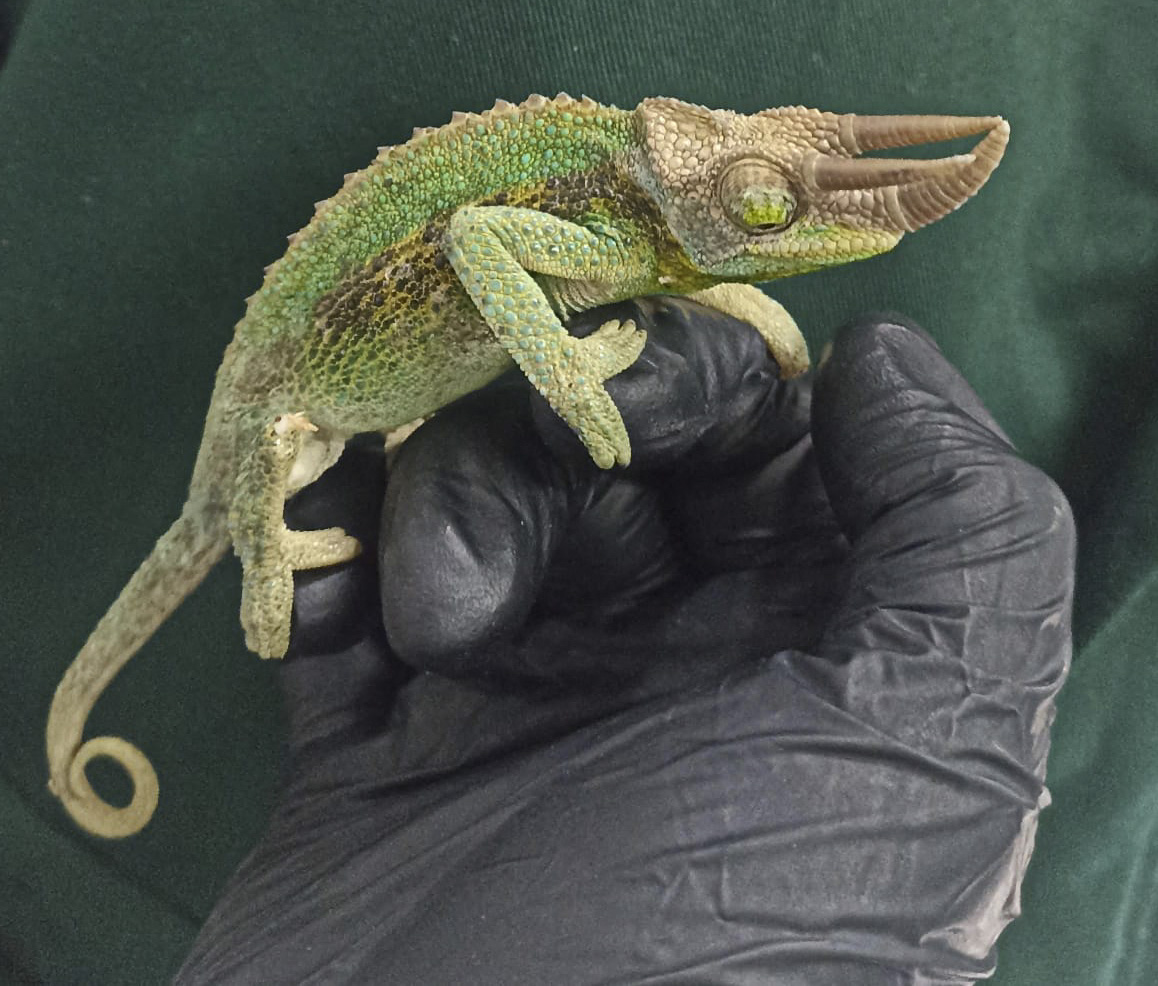Concerns aired over illegal wildlife trade
By XU WEIWEI in Dubai, UAE | China Daily | Updated: 2023-12-11 07:37

The astonishing scale, nature and consequences of illegal wildlife trade across the globe mean that it should be put on the agenda of the climate club, as well as biodiversity, heard a panel at COP28 on Saturday.
The panel, titled "Wildlife Crime, Biodiversity and Climate Change", was held at the Climate Finance Stage at the 28th session of the Conference of the Parties in Dubai. The event was organized by Emirates NBD, one of the UAE's top banks.
Participants discussed challenges brought about by illegal wildlife trade, its connections to organized crime, the socioeconomic effects on local communities, and the implications for global sustainability.
"Here at COP28 and beautiful Dubai in the UAE, we've heard of some amazing commitments and pledges that have been made, but what is missing from this entire climate agenda is the nexus of wildlife crime, biodiversity and climate change," said Jennifer Croes, a conservation scientist and director for the United for Wildlife and International Fund for Animal Welfare.
"Climate change and biodiversity loss have a detrimental impact on planetary health, but also on our own survival. It's crucial for us to understand, particularly today, how nature's decline and climate change are so inextricably linked," Croes said.
Wildlife crime is the second-biggest threat to species loss after environmental damage. It is the fourth-largest illicit trade after drugs, counterfeiting and human trafficking, valued at over $23 billion a year, making it one of the most lucrative trades usually run by criminal networks.
Species survival
According to experts on the panel, illegal wildlife trade has become a critical concern affecting not only the survival of numerous species but also the climate and biodiversity. It disrupts ecosystems, endangering the balance of our planet.
John Scanlon, the chairman of the Global Initiative to End Wildlife Crime, said this illegal trade is both transnational and an organized crime, where multiple billions of profits are being made.
Nature-based solutions are highly important to achieving Paris Agreement goals, Scanlon said.
Victor Matafonov, the group chief compliance officer at Emirates NBD, a panelist, said banks have regulatory obligations to protect the financial system from being abused by criminals.
Victoria Bowden, a group sustainability senior manager at DP World, a leading provider of end-to-end supply chain solutions in the world, said it is expected that 72 to 90 percent of the illegal wildlife trade products are transported through the maritime sector, which is a big problem.
She also said that DP World has just launched a new partnership with the United for Wildlife and the United Nations Office on Drugs and Crime to "really bring together key stakeholders", which include the financial sector, the transport sector and law enforcement, she said.
























